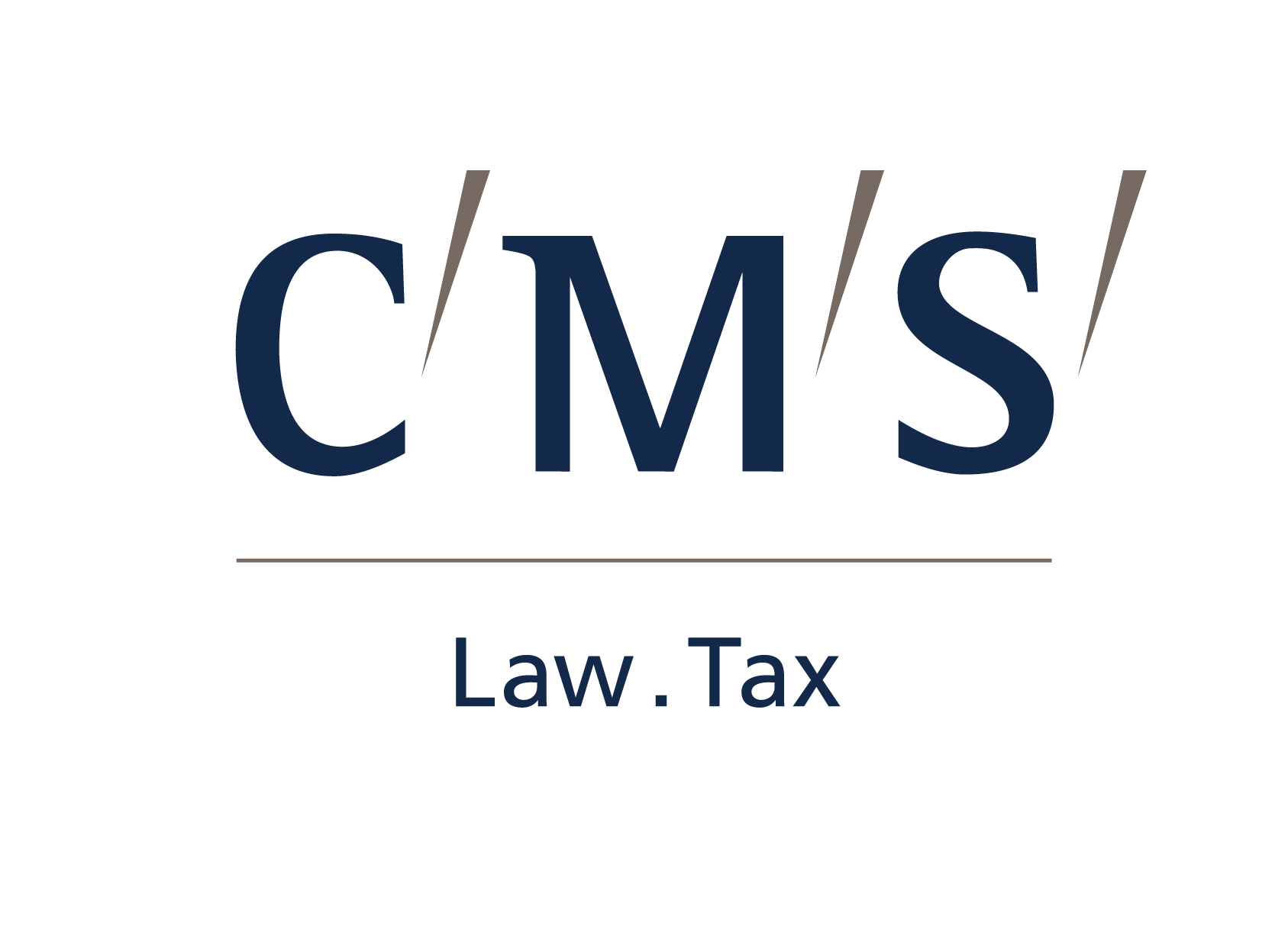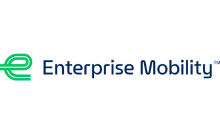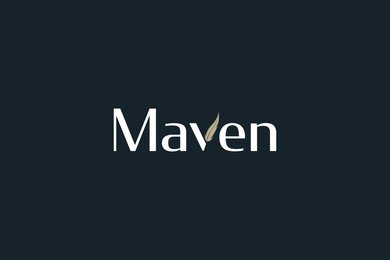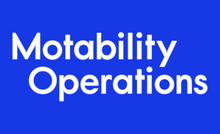With 16% of students in UK universities having a disability, including long-term health conditions and neurodiverse conditions, employers recognise that to ensure they are recruiting the best talent they need to focus on being inclusive of disabled students.
The importance of training in building a disability confident workforce
Of all the diversity strands disability is typically the last one employers focus on as it is seen to be the hardest and where they lack the most confidence. However, with 21% of the working age population having a disability it is no surprise that an increasing number of employers are recognising and valuing the talents that disabled individuals can bring to the workplace and focusing on becoming a disability inclusive organisation.
Top tips for employing disabled students
Retention is just as important as recruitment when it comes to disability employment
If your recruitment is slowing with the current uncertain economy, now is the perfect time to focus your attention on the retention element of disability employment and to review how you support and develop disabled employees to encourage them to stay. This will not only benefit your current disabled employees as well as other non-disabled employees who may become disabled whilst working for you, it will make you even more attractive to any future disabled candidates.
Progressing disability confident employment
People are an organisations most valuable asset and business success is dependant on the ability to include and harness the unique talents of everyone, including individuals with a disability. Most progressive organisations will understand that disabled individuals have developed skills and talents to help them manage their disability, many of which are of great value to, and sought after by, employers.
Progressing the UK Government’s Disability Confident Scheme with MyPlus
Most employers in the UK will have either heard of the UK Government’s Disability Confident Scheme or are already progressing through the 3 Levels of the scheme. Many will have signed up because they feel it is the right thing to do and some will have done so as they see the value, strengths and skills that disabled individuals can, and probably already are bringing to their organisation.
Disability focus: An opportunity for legal sector employment strategies
Like many other industries in the UK the pandemic has had an impact on the challenges that the legal sector faces when it comes to early years recruitment. Back in January 2020 law firm confidence was generally high with the war for talent raging, however according to various research reports the pandemic has changed the recruitment landscape for legal firms introducing a level of uncertainty.
Embracing difference in a virtual World
With 15% of a workforce being neurodiverse according to AGCAS and a 31% increase in neurodiverse graduates between 2011 and 2017 according to HESA, this represents a significant proportion of an organisation’s current and future workforce. However, according to CIPD only 10% of HR professionals consider neurodiversity in their people management practices.
Early years mentally healthy recruitment
6 Steps to effectively marketing your organisation to disabled students
For any organisation looking to target the talents of disabled students first impressions across all touch points in the early stages really count. Every interface the student encounters, from your website and careers events to company representatives who will engage with the student, must consistently make them feel that you are inclusive of everyone, including those with disabilities.
Five questions for Helen Cooke, CEO and Founder of MyPlus
How to boost your disability confidence whilst self-isolating
For many of us this period of social distancing is freeing up time since we are not having to commute, travel or be in back to back meetings. For those of us working in student recruitment, this additional time can be used to re-visit what you do in the disability space, understand whether your actions are working, and whether or not you are making any progress in this challenging area.
Is it time to say goodbye to disability recruitment initiatives?
How to be open about your disability during the recruitment process: Q&A with Helen
Published on the Back Up Trust website
Our Founder and Director Helen Cooke was recently interviewed by the Back Up Trust for whom she is a Trustee. Helen provides some great advice for individuals with disabilities about what to disclose and how to disclose it during the recruitment process. To read the full article click here
The Back up Trust exists to transform the lives of everyone affected by spinal cord injury. That means delivering a range of services to build confidence and independence back into people’s lives, and offering a support network when it is needed most. It also means challenging perceptions of disability – that life with spinal cord injury can be a full and active one.
Recruiting disabled talent: Employee experiences impact application choices
It has been found that 70% of people now look to reviews prior to making any career decisions * highlighting that young people trust reviews from their peers and like to read first-hand what it’s like to work at specific employers before they apply.
For employers looking to target disabled students this is key. Having publicly available employee stories should be a major part of their Disability Recruitment Strategy if they are to ensure that their organisation is being considered by the increasing talent pool of disabled applicants.
Collaboration is key: disability and employment
With the 25 year anniversary of the introduction of the DDA fast approaching, questions will be no doubt be asked about how effective it has been.
When it comes to employment, the facts are stark: there are 7.6 million disabled people of working age in Britain, of whom 51.5% are in employment, compared to 81.7% of non-disabled people. This suggests that, whilst progress has been made, there is still much work to be done. But what is it that needs to be done, and who needs to do it? Read more
Disability confidence improves employer brands
The marketplace is predicting that in 2019 many employers will continue to have to compete in an increasingly tough marketplace, typified by skills shortages, and that they will need to differentiate by improving the candidate experience. Employer branding has for a number of years been reported as a key trend to enable differentiation in attracting talented candidates.
Disability and employment at No.10: The Government’s role in effecting change.
It’s not every day that I am invited to No.10. In fact, it’s fair to say, it has never happened before, and I was therefore somewhat excited, and indeed a little daunted, by the prospect. I was invited to meet Jean-André Prager who has recently been appointed as the Prime Minister’s Specialist Adviser on disability issues, and who wished to discuss disability employment matters with me…













































